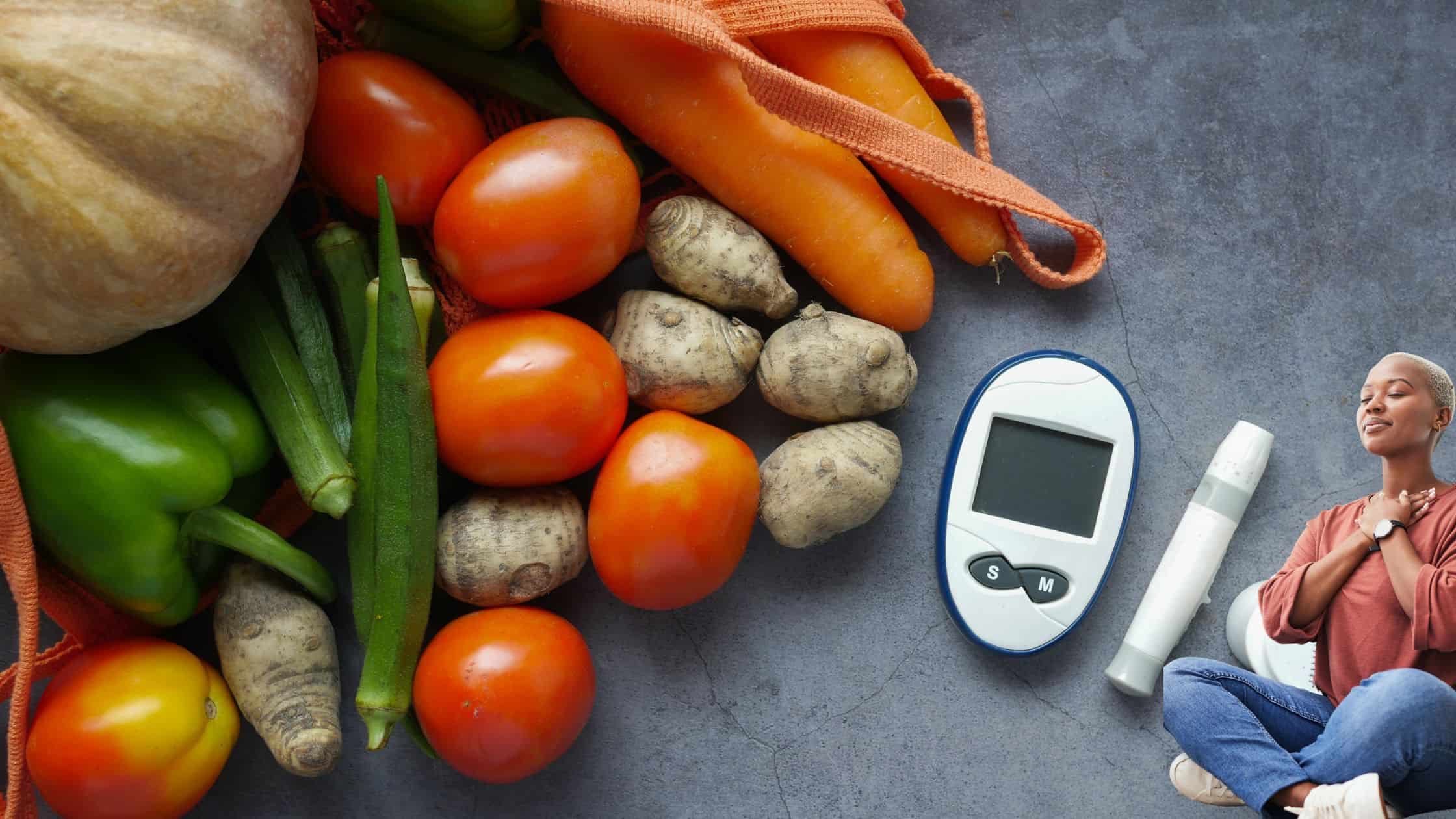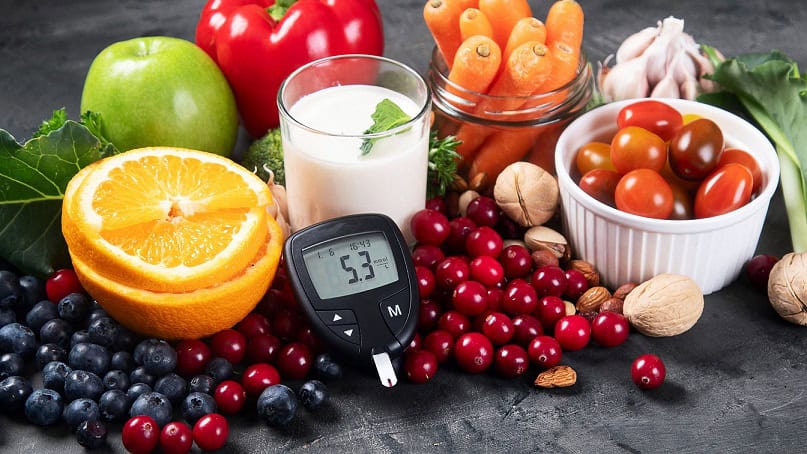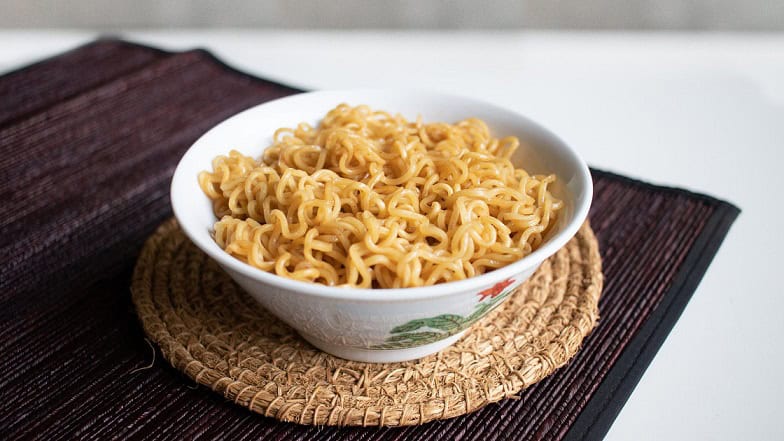Managing diabetes effectively starts the moment you wake up. Your morning routine can significantly impact your blood sugar levels throughout the entire day, making it crucial to establish healthy habits that support optimal glucose control. Research shows that morning blood sugar levels can vary dramatically based on your early morning actions, with proper morning management potentially reducing HbA1c levels by up to 0.7 percentage points.
Why Morning Matters for Diabetics
The dawn phenomenon, experienced by many people with diabetes, causes blood sugar levels to rise naturally between 3 AM and 8 AM due to hormonal changes. This makes your morning routine even more critical for maintaining stable glucose levels throughout the day. According to the World Health Organization, more than 830 million people worldwide have diabetes, with the majority having Type 2 diabetes that can be effectively managed through lifestyle modifications.
Top 5 Essential Morning Actions for Diabetics
1. Check Your Blood Sugar Levels First Thing
The most important thing a diabetic should do early in the morning is to test their fasting blood sugar levels immediately upon waking. This simple action provides crucial information about how your body managed glucose overnight and helps guide your morning decisions.
Why This Matters:
- Establishes your baseline for the day
- Helps detect the dawn phenomenon
- Guides medication and food choices
- Prevents dangerous highs or lows
Normal Blood Sugar Ranges:
| Time | Target Range | Action Required |
|---|---|---|
| Fasting (upon waking) | 80-130 mg/dL | Normal range |
| Below 70 mg/dL | Hypoglycemia | Treat immediately |
| Above 250 mg/dL | Hyperglycemia | Contact healthcare provider |
Pro Tip: Keep your glucose monitoring kit beside your bed to make testing easier and ensure consistent morning readings.
2. Drink Apple Cider Vinegar Water Before Eating
Starting your morning with apple cider vinegar water is one of the most effective natural methods to help control blood sugar spikes throughout the day. This simple practice can significantly impact your body’s insulin response to meals.
How to Prepare:
- Add 1-2 teaspoons of apple cider vinegar to a glass of water
- Drink with a straw to protect your teeth from acid
- Consume 15-20 minutes before your first meal
- Rinse your mouth afterward
Benefits for Diabetics:
- Reduces post-meal blood sugar spikes by up to 20%
- Improves insulin sensitivity
- Aids in digestion
- Helps with weight management
This practice aligns with strategies to reverse diabetes naturally by improving your body’s ability to process glucose more effectively.
3. Engage in 10-15 Minutes of Light Morning Exercise
Exercise is one of the most powerful tools for blood sugar management, and morning activity is particularly beneficial for diabetics. Even light exercise upon waking can help your muscles use glucose more effectively, reducing blood sugar levels naturally.
Best Morning Exercises for Diabetics:
Low-Impact Options:
- Brisk walking around the neighborhood
- Gentle yoga or stretching routines
- Stair climbing (3-5 minutes)
- Light calisthenics or bodyweight exercises
Benefits of Morning Exercise:
- Lowers blood glucose levels for up to 24 hours
- Improves insulin sensitivity by up to 25%
- Reduces risk of diabetic complications
- Boosts energy and mood for the day
Exercise Guidelines:
| Activity Level | Duration | Frequency | Benefits |
|---|---|---|---|
| Light (walking) | 10-15 minutes | Daily | Improved glucose uptake |
| Moderate (cycling) | 20-30 minutes | 4-5 times/week | Better insulin sensitivity |
| Strength training | 15-20 minutes | 2-3 times/week | Increased muscle mass |
Safety Note: Always carry glucose tablets or snacks during exercise, and avoid intensive workouts if your blood sugar is above 250 mg/dL or below 100 mg/dL.
4. Prepare and Eat a Low-Carb, High-Protein Breakfast
Your breakfast choice sets the tone for your entire day’s blood sugar control. A low-carb, high-protein morning meal is essential for diabetics to maintain stable glucose levels and avoid mid-morning spikes.
Ideal Diabetic Breakfast Components:
- Protein: 20-30 grams (eggs, fish, lean meat)
- Healthy fats: Avocado, nuts, olive oil
- Low-carb vegetables: Spinach, tomatoes, peppers
- Fiber: Chia seeds, flaxseeds
Sample Low-Carb Breakfast Ideas:
Nigerian-Inspired Options:
- Egg Moi-Moi: Made with eggs, vegetables, and spices
- Vegetable Omelette: With cucumbers, bell peppers, and leafy greens
- Plantain Pancakes: Using unripe plantain with eggs
- Coconut Porridge: Made with coconut flour and eggs
Breakfast Timing Guidelines:
| Meal Pattern | Eating Window | Benefits |
|---|---|---|
| Traditional | 7-8 AM | Steady energy |
| Intermittent Fasting | 11 AM-12 PM | Improved insulin sensitivity |
| Early Eating | 6-7 AM | Better glucose control |
Key Principle: Aim for meals that contain less than 30 grams of net carbs to maintain optimal blood sugar control.
5. Practice Stress Management and Mindfulness
Chronic stress significantly impacts blood sugar levels, making morning stress management crucial for diabetic health. Cortisol, the stress hormone, naturally peaks in the morning and can cause blood glucose to rise, making stress reduction an essential part of morning routines.
Effective Morning Stress Management Techniques:
Mindfulness Practices:
- 5-10 minutes of deep breathing exercises
- Brief meditation or prayer
- Gratitude journaling
- Gentle stretching or yoga
Stress Reduction Benefits for Diabetics:
- Reduces cortisol-induced blood sugar spikes
- Improves insulin sensitivity
- Enhances overall glucose control
- Promotes better sleep quality
Simple Morning Breathing Exercise:
- Sit comfortably with feet flat on the floor
- Inhale slowly for 4 counts
- Hold your breath for 4 counts
- Exhale slowly for 6 counts
- Repeat for 5-10 cycles
Additional Morning Considerations
Hydration is Key
Start your day with a large glass of water to combat overnight dehydration and support kidney function. Proper hydration helps your kidneys process glucose more effectively and can prevent blood sugar from concentrating.
Medication Timing
If you take diabetes medication, ensure consistent timing with your morning routine. Work with your healthcare provider to align medication schedules with your eating and exercise patterns.
Monitor Your Progress
Keep a morning routine log tracking:
- Wake-up blood sugar levels
- Exercise duration and type
- Breakfast choices and portions
- How you feel throughout the morning
Creating Sustainable Morning Habits
The key to successful diabetes management lies in consistency. Research shows that people who maintain regular morning routines have better HbA1c levels and fewer diabetes complications. Start by implementing one or two of these practices and gradually build your complete morning routine over 2-3 weeks.
Week-by-Week Implementation Plan:
- Week 1: Focus on blood sugar testing and apple cider vinegar
- Week 2: Add light morning exercise
- Week 3: Optimize breakfast choices and add stress management
The Path to Better Diabetes Management
These five morning practices work in concert to help reverse diabetes naturally through lifestyle modifications. As a Type 2 diabetic, if you consistently implement these strategies, you will successfully reduce your medication dependence and achieve better glucose control.
Remember, diabetes management is not about perfection but about consistent, sustainable habits that support your long-term health.
Your morning routine can make or break your daily blood sugar control.
Get Our Diabetes Diary Guidebook to Reverse Type 2 Diabetes Naturally
Disclaimer: The materials contained in this article are based on the author’s experience and research through credible sources. The statements presented here are meant to help you improve your sugar levels and reverse/prevent diabetes complications, reverse your Type 2 diabetes and put it in Remission, but results may vary from person to person. In no event will Boedirep be liable for damages of any kind whatsoever arising from the use or misuse of our books and articles. The information presented here should not be interpreted as medical advice. If you have any doubts or concerns related to your diabetic condition, we strongly recommend you seek the counselling of your doctor. You can contact us too.






